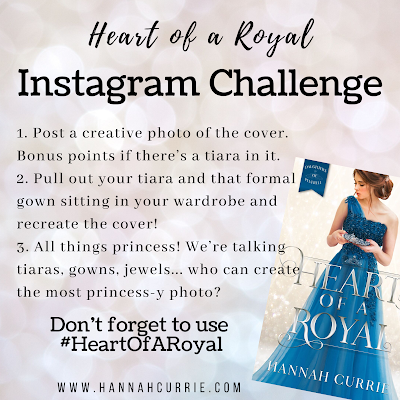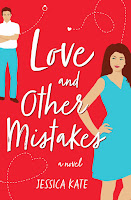I love reading stories of God’s reality in our world. So this
year, I hoped to submit at least one story for the Stories of Life
competition. I believed I knew which story God wanted me to share. It
was about moving home—a season when He’d taught me much about Himself, His love and His ways. He’d taught
me then how to pray using the scriptures. He’d taught me how we can witness His
power and His glory and I couldn’t wait to share it with the world.
For weeks on end, I worked hard on my story, refining it over
and over again like an athlete in constant training before her winning race. An
idea had been percolating in my brain on the next story I’d write, but God surprised
me a week before the closing date of the competition with a huge dose of His love and I knew that that was what I had to write about. It
didn’t take long to rustle up a 500 word story which I sent off as my second
entry.
I was certain my first story would be chosen for the anthology. After all, I’d been writing for twelve years
now and knew how to write a good story of faith. (Or did I?) Besides, God would want the world to know what He did
for us back then. But … when the long list was announced, my eyebrows shot up
and my puppy dog’s tail had to be tucked in! The story which I had persevered
over for weeks on end hadn’t made it. Instead … the little tale written in a
flash of inspiration—that had got in. Wow!
After the initial shock wore off, I could not stop smiling, because the truth bopped me on the head and I could finally laugh at myself. Of course! Silly little me!
- · I can hope for success but it is God’s will that will come to pass.
- · I could work hard but unless God blesses my work it is of no avail.
- · I might plan, but it’s always God’s purposes that will prevail.
Like the sun’s golden rays, Isaiah 55 shone light onto my path. “For my
thoughts are not your thoughts, neither are your ways my ways,” declares
the Lord. “As the heavens are higher than the earth, so are my ways
higher than your ways and my thoughts than your thoughts.” Isaiah 55:8-9.
My journey into becoming a Christian Writer had started after a series
of failures in finding employment. Yes, failure
was the springboard to my writing life, my dream life. That’s what God does.
Failure in His vocabulary is often
spelt SUCCESS! As soon as my first book was written, He found me a publisher—just
like that. That was God! My second book on the other hand, took years to get
published … I faced rejection after rejection from various publishers for eight
long years! That was God too—He kept me humble and leaning on Him. Thank you
God. Don’t you love it how He shapes us
and grows us through life’s journey?
God has blessed me beyond measure as I’ve followed His heart in my writing.
He has also helped me discover time and time again that in myself I have
nothing to offer the world. I need the Holy Spirit’s help in all of my writing,
because unless the Lord builds the house, we build in vain. Yes, God’s ways are
rarely our ways; His thoughts are rarely our thoughts.
Where you are in your writing journey dear fellow-writer? Are you inspired
and productive? If so I rejoice with you. Are you struggling with the delays
and disappointments that have blocked your way? I know what that’s like. Don't forget that what you class as failure, might in His book have a bold title: “SUCCESS”.
Being faithful to all He has called you to is what matters. In eternity, you
will discover the fruit of your hard work, your journey, the relationships you
have nurtured, your life. And you (and I) will be surprised—what we consider achievements
here on earth may be just a small dot on the heavenly landscape while what we discard
as failures may be what the Father delights in and brings glory and honour to His
Name.
No, God’s ways are not our ways. And for that we can be
thankful.
All that I have seen, teaches me that I can trust God for
all that is yet to come.
I know your Writing
journey must bring great joy to our Father’s Heart.
Keep writing!
Keep writing!
Anusha’s been on many interesting detours in life, as a lab
technician, a computer programmer, a full time Mum, a full time volunteer, a
charity director, a full time job chaser, until one golden day (or was it a
dark moonless night?) God tapped her on her shoulder and called her to write
for Him. She has never recovered from the joy it brought her. She loves to see others
enjoying life with Jesus and does her mite to hurry the process in her world
through her writing and through her life. The goodness of God is her theme song
through each season, as she dances in the rain with Jesus.
Her first book Enjoying the Journey contains 75 little God stories that will bring you closer to your Creator. Her second book Dancing in the Rain brings you hope and comfort for life’s soggy seasons. Her third book, Sharing the Journey is a sequel to Enjoying the Journey and will be launched on March 7th 2020.
Her first book Enjoying the Journey contains 75 little God stories that will bring you closer to your Creator. Her second book Dancing in the Rain brings you hope and comfort for life’s soggy seasons. Her third book, Sharing the Journey is a sequel to Enjoying the Journey and will be launched on March 7th 2020.































